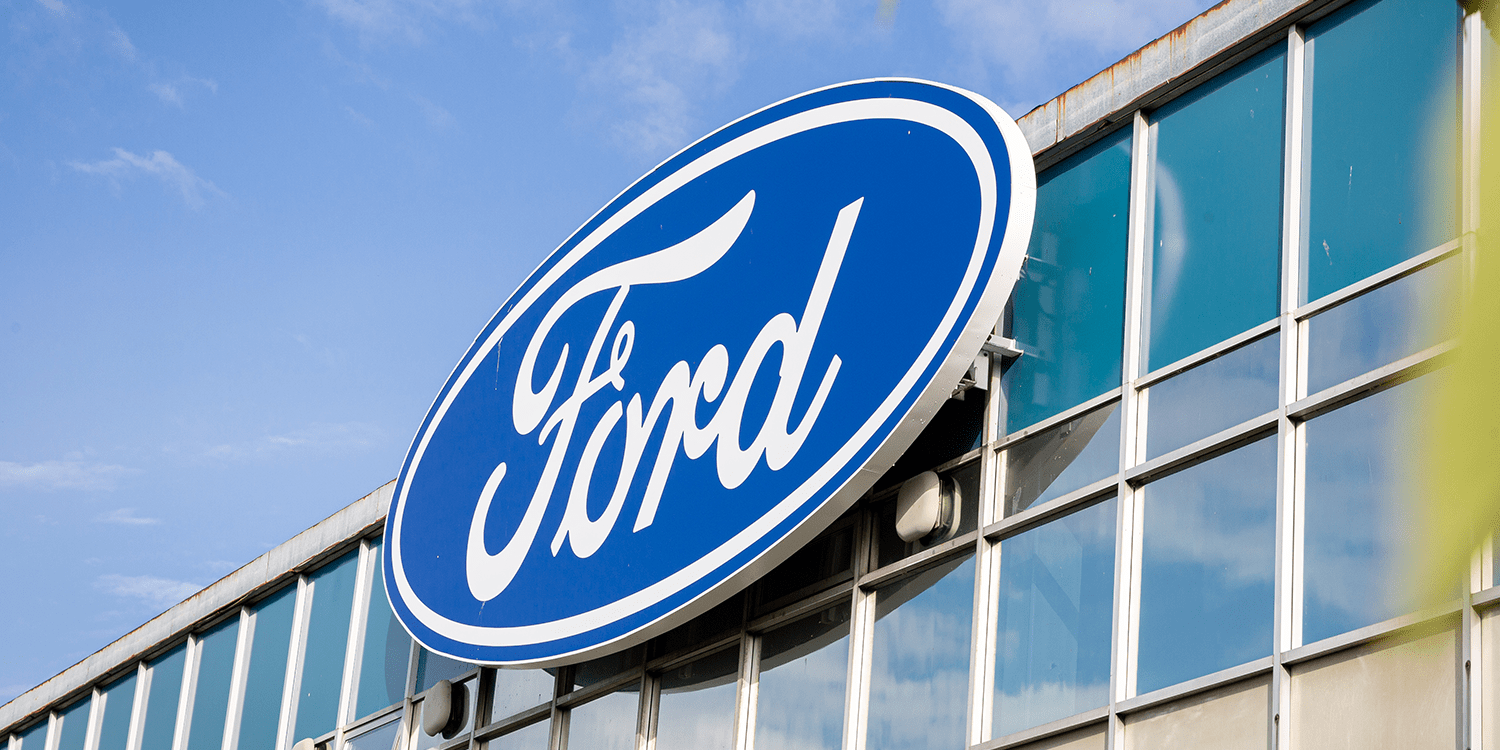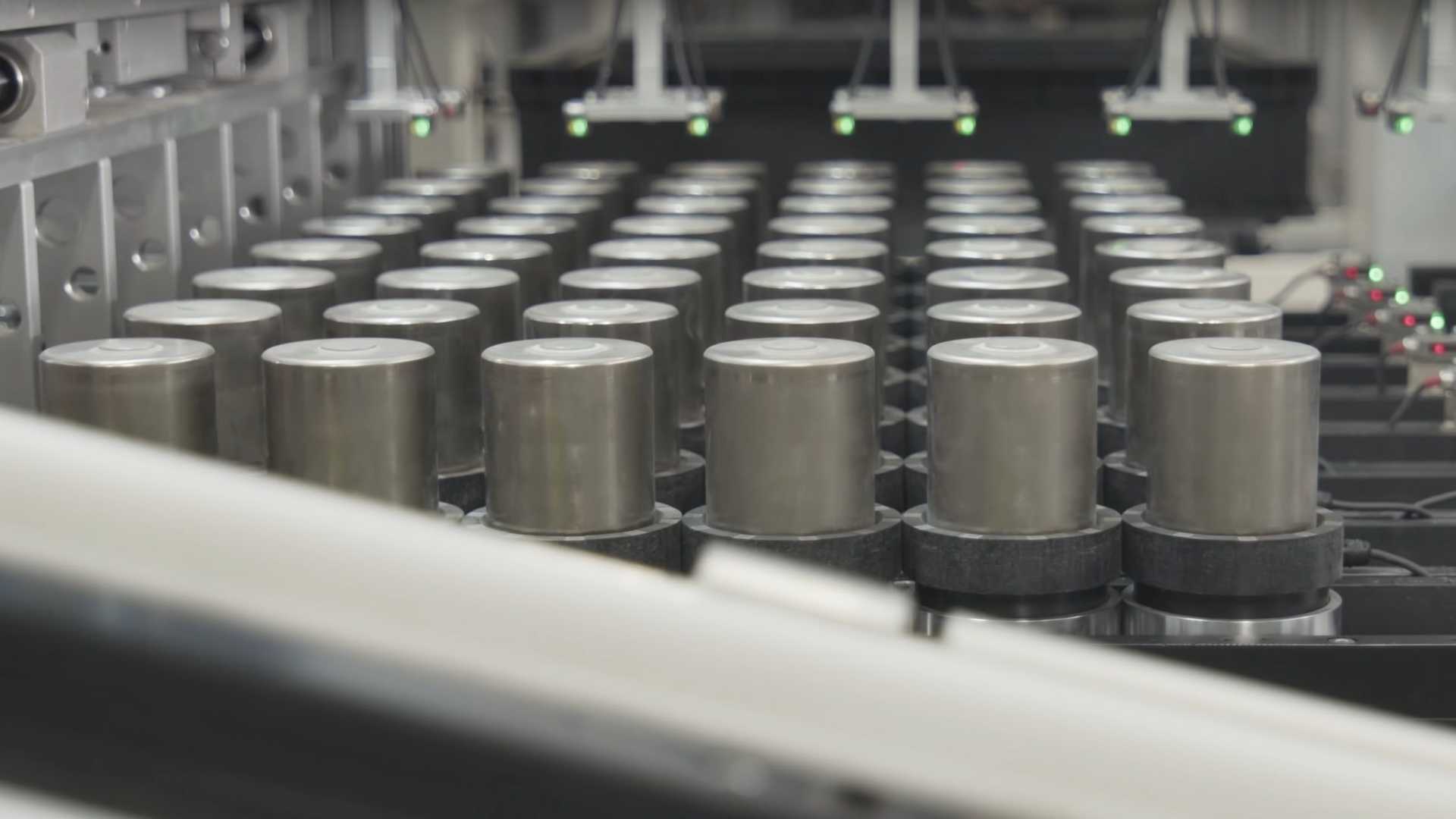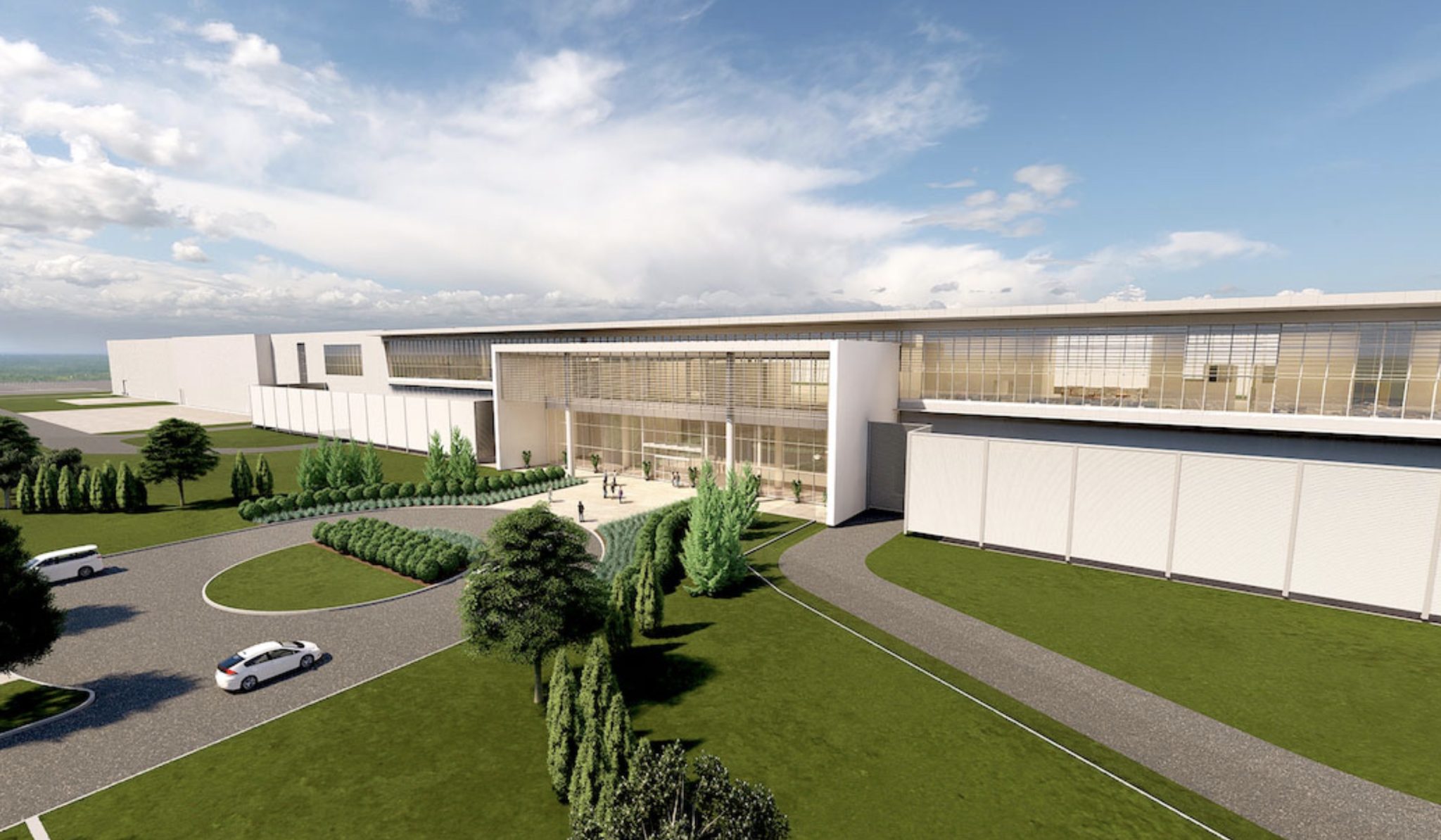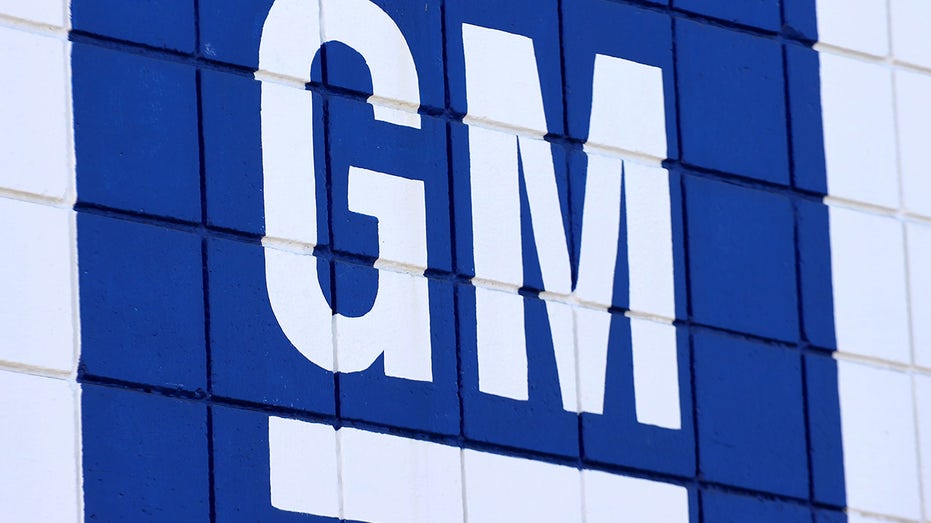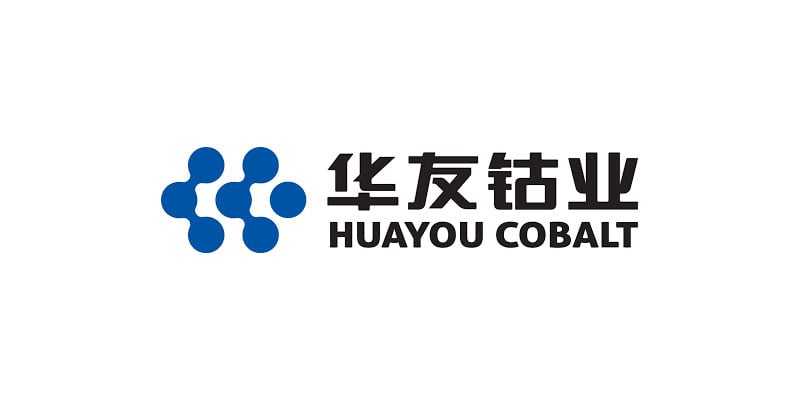The U.S. Energy Department has made a historic move by committing to provide a loan of up to $9.2 billion to a joint venture between Ford Motor and South Korea’s SK Innovation. This loan, which marks the largest-ever award from the government’s Advanced Technology Vehicles Manufacturing (ATVM) program, aims to support the construction of three battery plants in Tennessee and Kentucky.
The joint venture, known as BlueOval SK, will receive this conditional commitment for a low-cost government loan to bolster its operations. SK Innovation, a unit of South Korea’s SK, is partnering with Ford to build two battery manufacturing plants in Kentucky and one in Tennessee. These facilities will have the collective capacity to produce over 120 gigawatt hours of batteries annually, according to the Energy Department.
Jigar Shah, the head of the Energy Department’s Loan Programs Office, expressed the department’s objective to establish robust domestic supply chains within the United States. Shah emphasized the importance of choosing the U.S. as a prime location for such supply chains, enabling faster and more confident development within the country.
In 2021, Ford and SK had already committed to investing $11.4 billion for the construction of an F-150 electric vehicle assembly plant and three battery plants in the U.S., with Ford contributing $7 billion to the project. As a result of this loan announcement, Ford’s shares experienced a 1.2% increase during afternoon trading.
This recent loan marks the sixth occasion in which the ATVM program has provided funding for battery supply chain projects. The joint venture’s undertaking is expected to generate 5,000 construction jobs in Tennessee and Kentucky, with an additional 7,500 operations jobs once the plants are operational.
Ford Treasurer Dave Webb acknowledged the pivotal role that collaboration between the public and private sectors plays in driving major technological transitions. He highlighted the significance of this partnership in strengthening critical domestic supply chains and producing high-quality batteries for future electric vehicles manufactured by Ford and Lincoln.
Moreover, the Inflation Reduction Act, a $430 billion initiative approved in August, introduced a new production tax credit of $45 per kilowatt for battery manufacturing. Ford CEO Jim Farley projected that this tax credit, combined with those available to Ford and its battery partners from 2023 to 2026, could exceed $7 billion.
It is worth noting that the loan will finance battery projects located in Republican-leaning states, which has drawn criticism from many Republicans in Congress who question the Biden administration’s efforts to promote battery-powered vehicles and battery production.
In a similar vein, the Energy Department previously awarded a $2.5 billion loan to a joint venture between General Motors and LG Energy Solution in support of lithium-ion battery cell manufacturing facilities in Ohio, Tennessee, and Michigan. Furthermore, Ford itself received a $5.9 billion low-cost government loan from the ATVM program in 2009, providing essential liquidity following the global financial crisis. The company successfully completed the loan payments in 2022, after deferring some payments in 2020.
In February, Ford unveiled a separate agreement to invest $3.5 billion in a battery plant in Michigan, utilizing technology from Chinese battery company CATL. This move has encountered criticism from certain Republicans.
The loan program’s historical significance is further underscored by Tesla’s previous experience, as the company secured a $465 million loan in 2010. Tesla utilized these funds to establish a plant in Fremont, California, and produce its iconic Model S electric car. The company fully repaid the loan in 2013.

